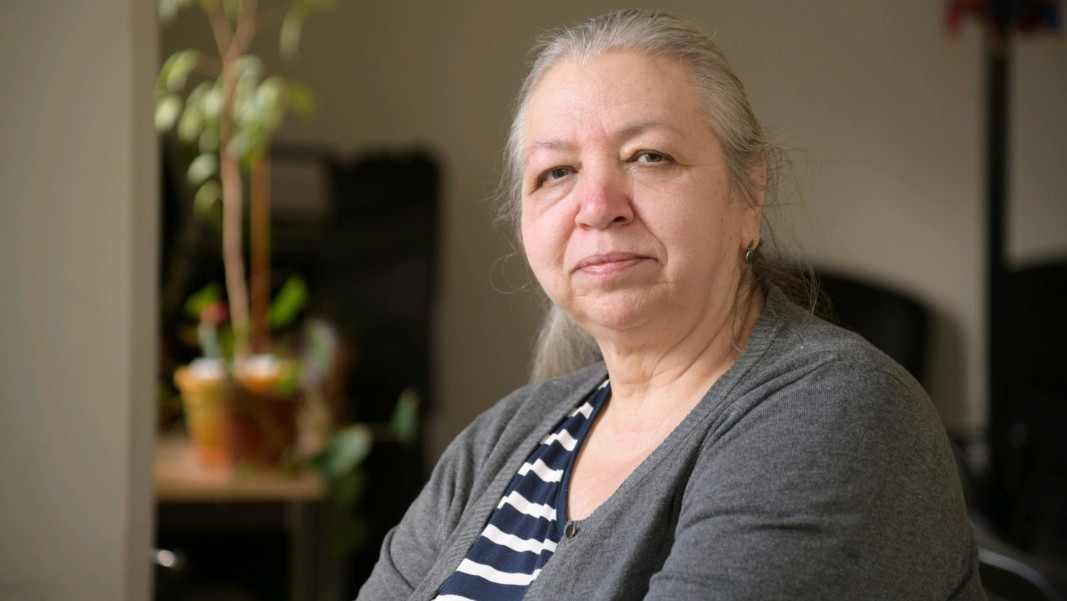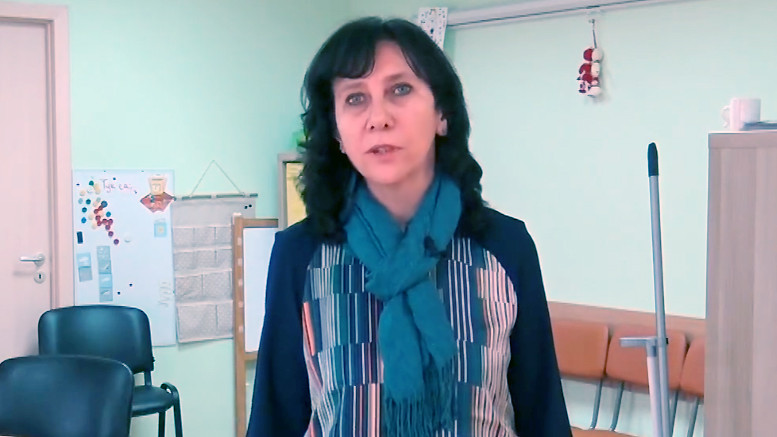


The Bulgarian Sunday School "Asen and Ilia Peykovi" in Rome is inviting participants to an online seminar themed "Biserche Valshebno". The event, taking place on March 22 and 23, is a continuation of the discussions that emerged during the Second..
"It all started on a March evening in 2007 when 2 million people and 2,000 companies in Sydney (Australia) turned off their lights for one hour – from 8:30 PM to 9:30 PM – to show that they care about nature and the climate. Back then, no one could..
Concert in North Macedonia turns into tragedy A nightclub fire tragedy left North Macedonia in grief. A concert by the popular hip-hop group DNA, which was supposed to become a celebration in the small town of Kočani, turned into a true..
Students and teachers from two educational companies of the National Commerce and Banking High School won awards at the global business competition Youth..
Is it possible that "Virtues and Religions" will be included in the curriculum and will be mandatory from 2026? This is a debate that..
Shortly after the opening of the motorcycle season in Sofia at the end of March, Bulgaria's capital city will host the country's largest motorcycle..

+359 2 9336 661
